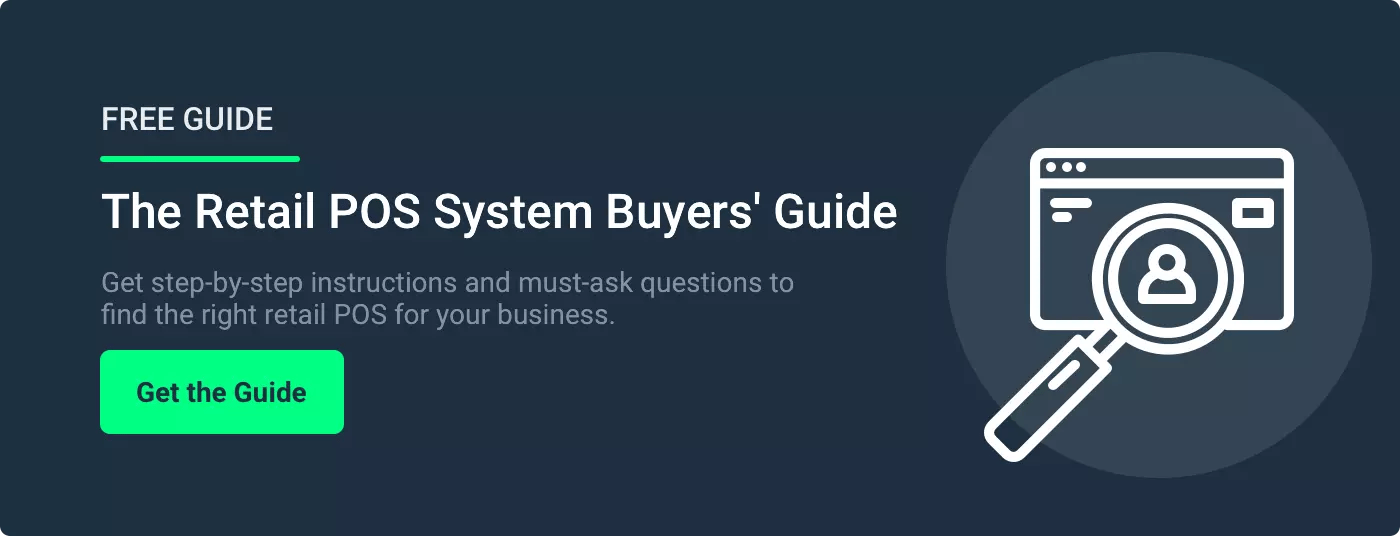What is the difference between payroll and income taxes? It's a question that many first-time business owners ask themselves when launching a new business. You know a large percentage of small businesses fail, and without an expert understanding of each tax type, it can kind of feel like you're swimming upstream. So, what's the solution?
You must take the time needed to understand the key differences between payroll and income taxes properly. When you slow down to understand the ins and outs of payroll and income taxes, you'll fast-track your business toward rapid success.
Fortunately, we've created a quick-start guide to help you get started. Keep reading to learn more about the key differences between payroll vs. income taxes. Use the key intelligence inside of this article to situate your business for success this tax season.
What is the Difference Between Payroll and Income Taxes? [Overview]
Launching and scaling a small business is no mean feat. At any given moment, there are a dozen balls in the air that you must be mindful not to drop. Understanding the nuances of your business’ taxes can feel overwhelming with all of the elements you need to keep track of.
For more than 20 years, POS Nation has helped small business owners and managers launch and scale their businesses. We’ve seen first-hand how these business owners and managers approach the tax-filing season. As a result, we are equipped with all the information you need to sail through this tax season headache-free.
Let’s start by examining the difference between payroll and income taxes. Though these types of taxes are often confused for one another, examining who pays, what is paid, and how the government can use those funds will make the differences clear.
Payroll Tax: Overview
Payroll taxes refer to the funds withheld from employee paychecks. The employer withholds these funds to pay payroll taxes on behalf of their employee. The amount of funds withheld depends on the employee’s pay for that pay period and the withholding allowances they selected on their W-4 tax form.
Payroll taxes are used to fund specific federal programs like Medicare and Social Security. Employees may see these taxes on their paychecks listed as “MedFICA” and “FICA.” Your state, city, or other locality may also require specific payroll taxes.
Employers and employees share the burden regarding some payroll taxes.
Unemployment taxes are the third type of payroll tax. The burden for unemployment taxes falls wholly on the employer.
Related Read: The Best Business Plan Checklist for New Owners
Income Tax: Overview
When we reference income tax, we are talking about the taxes that businesses and individuals have to pay based on their generated income. There are two varieties of income tax. Personal income tax applies to the wages and salaries of individuals. Business income tax applies to the income of corporations and small businesses. We will cover the latter.
Business income taxes are paid wholly by employers, and individual income taxes are paid only by employees. You will calculate your owed business income tax each year based on your business’ profits that year. In other words, you will take your business revenue and deduct your expenses.
Income tax exists at state and federal levels, but a few states don’t require state income taxes. These states are Wyoming, Washington, Texas, South Dakota, Nevada, Florida, Alaska, Tennessee, and New Hampshire. If you operate in any other state, you must file both state and federal income taxes for your business.
One significant difference between income tax and payroll taxes is that income taxes are not allocated to any specific federal funds. The government can use funds from income taxes for any purpose they deem appropriate.
How to Navigate the Tax Filing Season
From the above sections, it’s clear that the chief differences between payroll and income taxes relate to the responsible party, the way the deduction is calculated, and how the government can use those funds. Now that you clearly understand the key differences between payroll and income taxes, you’re ready to take the next step in your tax preparation. An easy-to-use and results-driven POS solution make it simple and easy to maximize your tax filing effectiveness.
POS Nation offers a robust and powerful point of sale system purpose-built for small businesses. In fact, our point of sale system makes it simple and easy to access key insights related to employee wages, timesheets, and more.
To help you get started, we created a free guide. Download our Retail Point of Sale System Buyers’ Guide today to arm yourself with all the information you need to select the perfect POS hardware and software for your small business.

